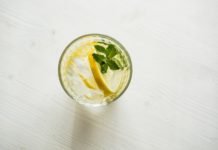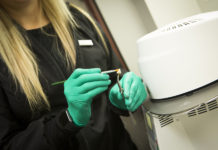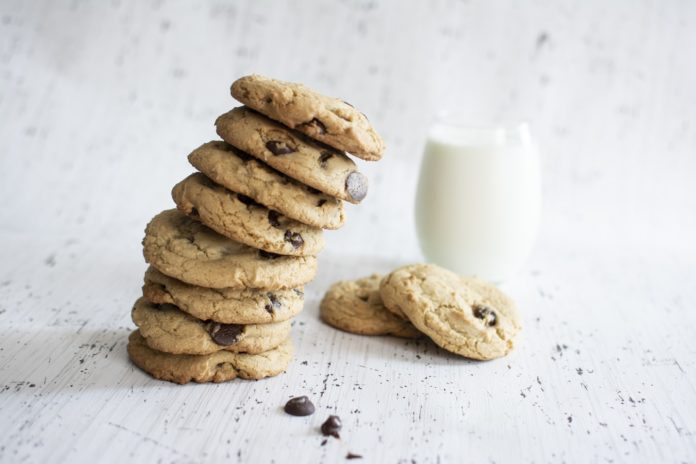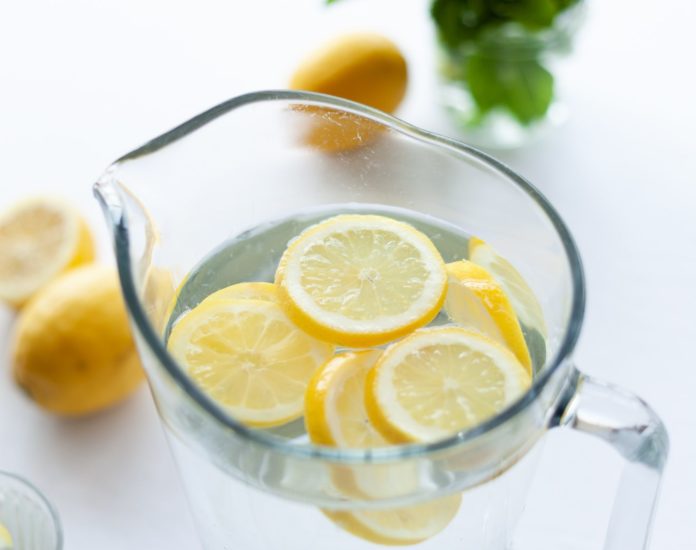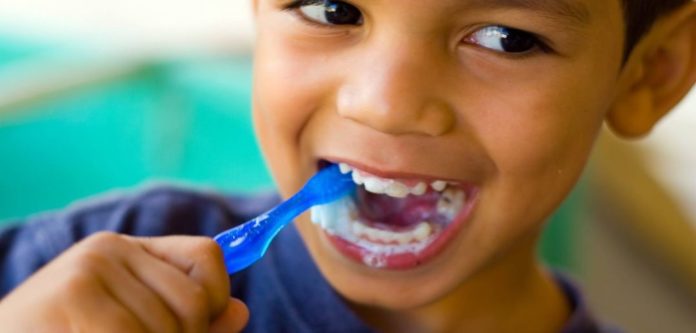Maintaining a healthy smile through brushing, flossing and regular dental hygiene appointments is proven to do much more than keep your teeth white. A new study shows that postmenopausal women with a history of periodontal disease, are at a significantly increased risk for cancer, including lung, breast, esophageal, gallbladder and melanoma.
This study adds to previous evidence that there is in fact a link between periodontal disease and total cancer risk.
Periodontal disease is completely preventable and in most cases treatable. The Centers for Disease Control and Prevention (CDC) estimate that 47% of adults 30 years of age or older in the US have some form of periodontal disease. At 65 years and older, 70% of adults have worsening cases periodontal disease.
These numbers are staggering and we are fighting to help you prevent periodontal disease from even taken hold. Help us but maintaining your routine cleaning appointments as well as practicing good oral hygiene at home.
{Source: Medscape}





